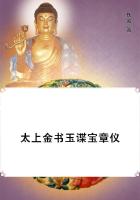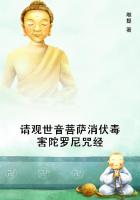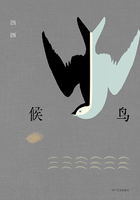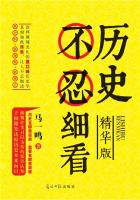The concepts of number and figure have not been derived from any source other than the world of reality. The ten fingers on which men learnt to count, that is, to perform the first arithmetical operation, are anything but a free creation of the mind. Counting requires not only objects that can be counted, but also the ability to exclude all properties of the objects considered except their number -- and this ability is the product of a long historical development based on experience. Like the idea of number, so the idea of figure is borrowed exclusively from the external world, and does not arise in the mind out of pure thought. There must have been things which had shape and whose shapes were compared before anyone could arrive at the idea of figure. Pure mathematics deals with the space forms and quantity relations of the real world -- that is, with material which is very real indeed. The fact that this material appears in an extremely abstract form can only superficially conceal its origin from the external world. But in order to make it possible to investigate these forms and relations in their pure state, it is necessary to separate them entirely from their content, to put the content aside as irrelevant; thus we get points without dimensions, lines without breadth and thickness, a and b and x and y, constants and variables; and only at the very end do we reach the free creations and imaginations of the mind itself, that is to say, imaginary magnitudes. Even the apparent derivation of mathematical magnitudes from each other does not prove their a priori origin, but only their rational connection. Before one came upon the idea of deducing the form of a cylinder from the rotation of a rectangle about one of its sides, a number of real rectangles and cylinders, however imperfect in form, must have been examined. Like all other sciences, mathematics arose out of the needs of men: from the measurement of land and the content of vessels, from the computation of time and from mechanics.
But, as in every department of thought, at a certain stage of development the laws, which were abstracted from the real world, become divorced from the real world, and are set up against it as something independent, as-laws coming from outside, to which the world has to conform. That is how things happened in society and in the state, and in this way, and not otherwise, pure mathematics was subsequently applied to the world, although it is borrowed from this same world and represents only one part of its forms of interconnection -- and it is only just because of this that it can be applied at all.
But just as Herr Dühring imagines that, out of the axioms of mathematics, "which also in accordance with pure logic neither require nor are capable of substantiation" {34}, he can deduce the whole of pure mathematics without any kind of empirical admixture, and then apply it to the world, so he likewise imagines that he can, in the first place, produce out of his head the basic forms of being, the ****** elements of all knowledge, the axioms of philosophy, deduce from these the whole of philosophy or world schematism, and then, by sovereign decree, impose this constitution of his on nature and humanity.
Unfortunately nature is not at all, and humanity only to an infinitesimal degree, composed of the Mantenffelite Prussians of 1850. [34]
Mathematical axioms are expressions of the scantiest thought-content, which mathematics is obliged to borrow from logic. They can be reduced to two:
1) The whole is greater than its part. This statement is pure tautology, as the quantitatively conceived idea "part" is from the outset definitely related to the idea "whole", and in fact in such a way that "part" simply means that the quantitative "whole" consists of several quantitative "parts". In stating this explicitly, the so-called axiom does not take us a step further. This tautology can even in a way be proved by saying: a whole is that which consists of several parts; a part is that of which several make a whole; hence the part is less than the whole --in which the inanity of repetition brings out even more clearly the inanity of content.
2) If two quantities are equal to a third, they are equal to each other. This statement, as Hegel has already shown, is a conclusion, the correctness of which is vouched for by logic, and which is therefore proved, although outside of pure mathematics. The remaining axioms relating to equality and inequality are merely logical extensions of this conclusion.
These meagre principles do not cut much ice, either in mathematics or anywhere else. In order to get any further, we are obliged to bring in real relations, relations and space forms which are taken from real bodies. The ideas of lines, planes, angles, polygons, cubes, spheres, etc., are all taken from reality, and it requires a pretty good portion of ***** ideology to believe the mathematicians that the first line came into existence through the movement of a point in space, the first plane through the movement of a line, the first solid through the movement of a plane, and so on.
Even language rebels against such a conception. A mathematical figure of three dimensions is called a solid body, corpus solidum , hence, in Latin, even a tangible object; it therefore has a name derived from sturdy reality and by no means from the free imagination of the mind.
But why all this prolixity? After Herr Dühring, on pages 42 and 43, [35] has enthusiastically sung the independence of pure mathematics from the world of experience, its apriority, its preoccupation with the mind's own free creations and imaginations, he says on page 63:
"It is, of course, easily overlooked that those mathematical elements (number, magnitude, time, space and geometric motion) are ideal only in their form , ... absolute magnitudes are therefore something completely empirical , no matter to what species they belong", ...

